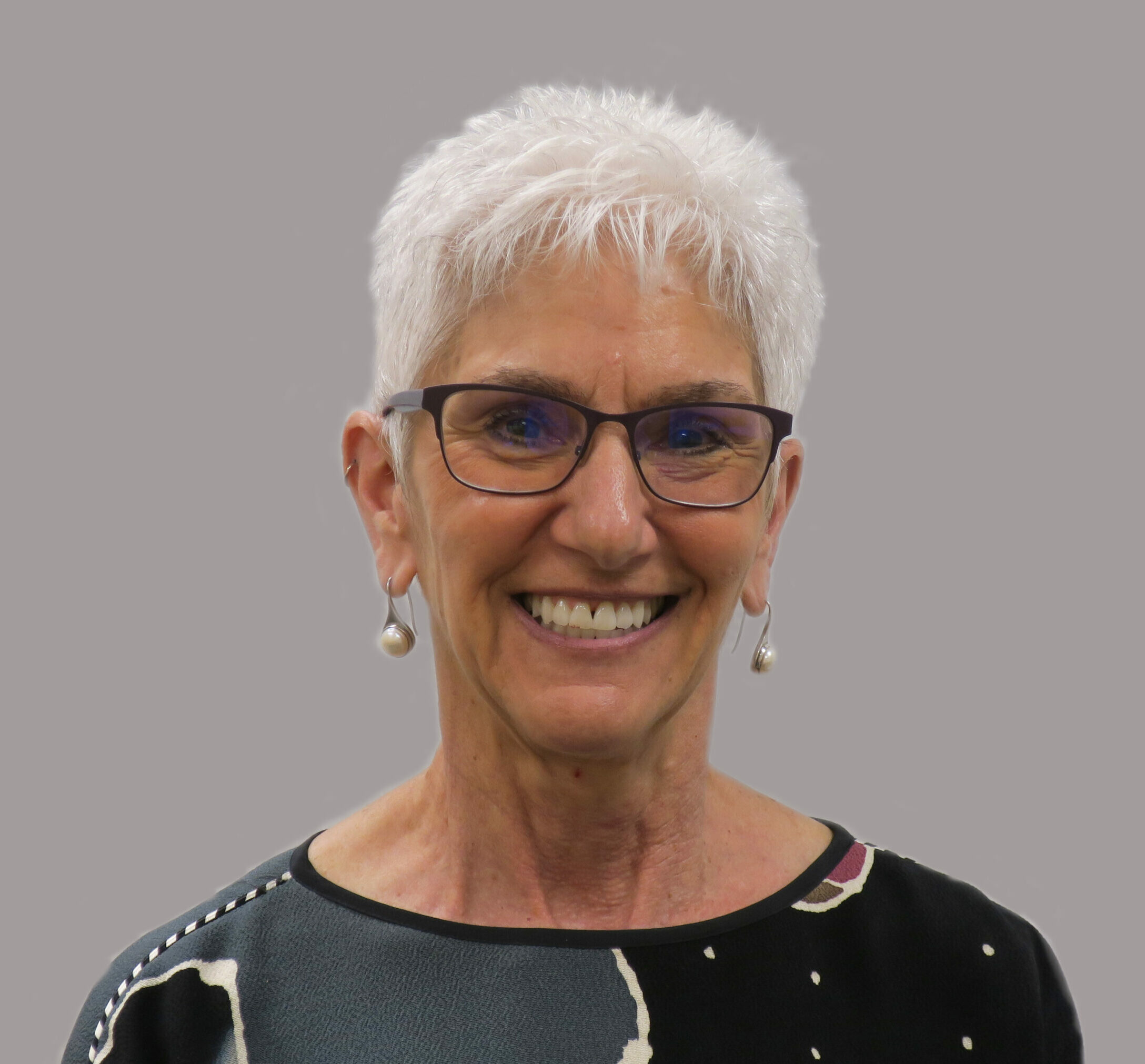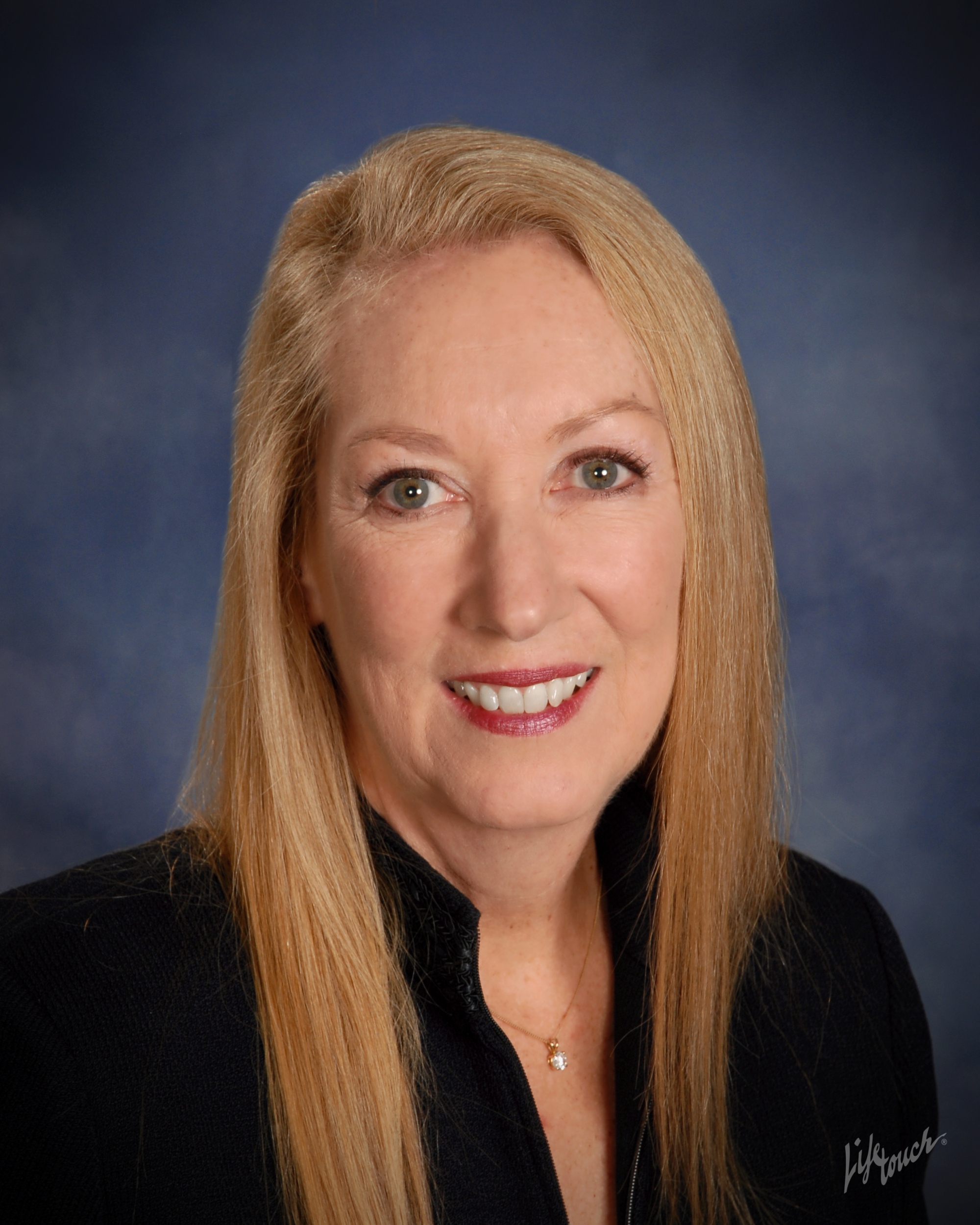Target Audience
This activity has been designed to meet the educational needs of neurologists, MS specialists, clinical neuropsychologists, advanced practice clinicians (APCs) and primary care physicians (PCPs) involved in the management of patients with MS globally, with a focus on the USA.
Disclosures
USF Health adheres to the Standards for Integrity and Independence in Accredited Continuing Education.
All individuals in a position to influence content have disclosed to USF Health any financial relationship with an ineligible organization. USF Health has reviewed and mitigated all relevant financial relationships related to the content of the activity. The relevant relationships are listed below. All individuals not listed have no relevant financial relationships.
Faculty
Prof. Mark Freedman discloses: Advisory board or panel fees from Alexion, Atara Biotherapeutics, Bayer Healthcare, Beigene, Bristol Myers Squibb (Celgene), Clene Nanomedicine, Hoffman La-Roche, Janssen (Johnson & Johnson), McKesson, Merck Serono, Novartis and Sanofi-Genzyme. Research grant from Sanofi-Genzyme Canada. Consultant fees from Alexion, Atara Biotherapeutics, Bayer Healthcare, Beigene, Bristol Myers Squibb (Celgene), EMD Inc., Hoffman La-Roche, Janssen (Johnson & Johnson), Merck Serono, Novartis, Pendopharm and Sanofi-Genzyme. Speaker’s bureau fees from Sanofi-Genzyme and EMD Serono.
Dr Rosalind Kalb has no interests/relationships or affiliations to disclose in relation to this activity.
Ms Amy Perrin Ross discloses: Advisory board or panel fees from Bristol Myers Squibb, EMD Serono, Greenwich Biosciences, Horizon, Janssen, Novartis, Roche and TG Therapeutics. Consultant fees from Alexion, Biogen, Bristol Myers Squibb, EMD Serono, Genentech, Greenwich Biosciences, Horizon, Janssen, Novartis, Roche, Sanofi-Genzyme and TG Therapeutics.
Prof. Dawn Langdon discloses: Grants and research support from Merck and Novartis. Consultant and speaker’s bureau and fees from Bayer, Biogen, Bristol Myers Squibb (Celgene), Merck, Novartis, Roche, Sanofi and TEVA.
Content reviewer
Peer reviewer John Ciotti, MD, has had advisory board relationships with EMD Serono, Genentech and Janssen. All relationships are terminated and he has no financial interests/relationships or affiliations in relation to this activity.
Touch Medical Director
Christina Mackins-Crabtree has no financial interests/relationships or affiliations in relation to this activity.
USF Health Office of Continuing Professional Development and touchIME staff have no financial interests/relationships or affiliations in relation to this activity.
Requirements for Successful Completion
In order to receive credit for this activity, participants must review the content and complete the post-test and evaluation form. Statements of credit are awarded upon successful completion of the post-test and evaluation form.
If you have questions regarding credit please contact cpdsupport@usf.edu
Accreditations
Physicians
This activity has been planned and implemented in accordance with the accreditation requirements and policies of the Accreditation Council for Continuing Medical Education (ACCME) through a joint providership of USF Health and touchIME. USF Health is accredited by the ACCME to provide continuing medical education for physicians.
USF Health designates this enduring material for a maximum of 0.75 AMA PRA Category 1 CreditTM. Physicians should claim only the credit commensurate with the extent of their participation in the activity.
The European Union of Medical Specialists (UEMS) – European Accreditation Council for Continuing Medical Education (EACCME) has an agreement of mutual recognition of continuing medical education (CME) credit with the American Medical Association (AMA). European physicians interested in converting AMA PRA Category 1 CreditTM into European CME credit (ECMEC) should contact the UEMS (www.uems.eu)
Advanced Practice Providers
Physician Assistants may claim a maximum of 0.75 Category 1 credits for completing this activity. NCCPA accepts AMA PRA Category 1 CreditTM from organizations accredited by ACCME or a recognized state medical society.
The AANPCP accepts certificates of participation for educational activities approved for AMA PRA Category 1 CreditTM by ACCME-accredited providers. APRNs who participate will receive a certificate of completion commensurate with the extent of their participation.
Date of original release: 21 March 2022. Date credits expire: 21 March 2024.
If you have any questions regarding credit please contact cpdsupport@usf.edu






